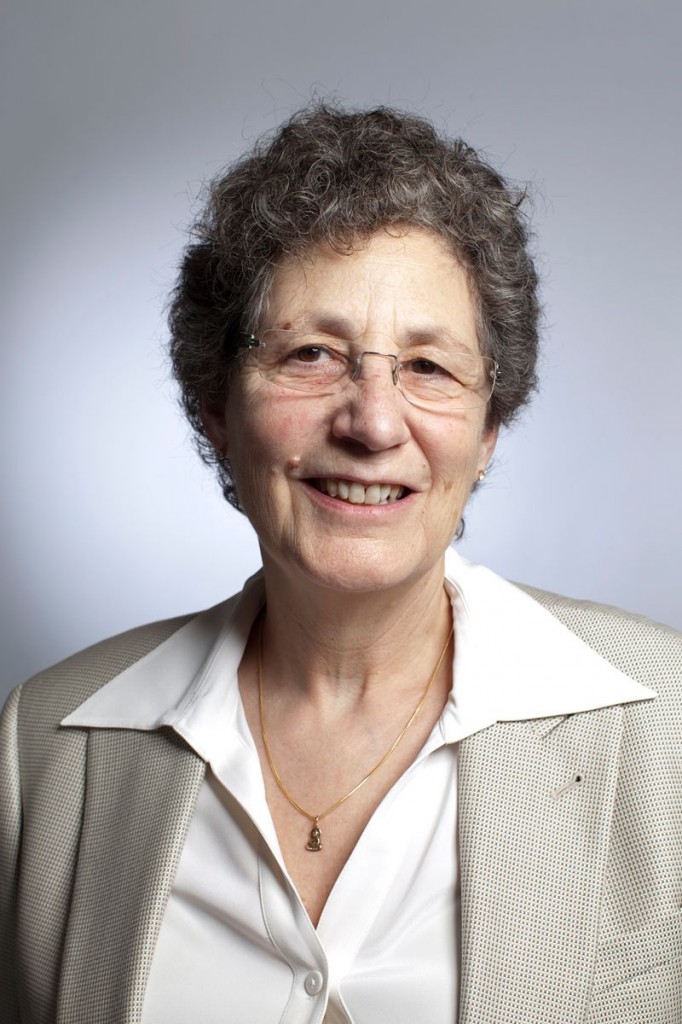 The Alzheimer’s Association’s 2016 Alzheimer’s Disease Facts and Figures report was released just this week. The new edition of Facts and Figures provides the most up to date information on the escalating number of people living with some form of dementia. We must be pro-active, and ask our legislators at the state and local level to respond to these facts. Some of the important data points are as follows:
The Alzheimer’s Association’s 2016 Alzheimer’s Disease Facts and Figures report was released just this week. The new edition of Facts and Figures provides the most up to date information on the escalating number of people living with some form of dementia. We must be pro-active, and ask our legislators at the state and local level to respond to these facts. Some of the important data points are as follows:
An estimated 5.4 million Americans are currently living with Alzheimer’s disease. A combination of the longevity wave, more people living longer lives, and the outsized baby boom generation are projected to triple the number of people living with dementia by 2050. That is a projected 13.8 million people.
In California, there are presently 610,00 people diagnosed with dementia. That number is expected to increase by over 37% to 840,000 people in just 9 years.
One in nine seniors has Alzheimer’s, and nearly one-third of people aged 85 and older are living with some form of dementia.
Alzheimer’s is the sixth-leading cause of death in the United States and the fifth-leading cause among seniors. Notably, it is the only leading cause of death that cannot be prevented, cured or even slowed.
More women than men have Alzheimer’s and other dementia. Nationally, almost two thirds of Americans with Alzheimer’s are women. It isn’t clear why there are such wide gender differences. Some scientists suggest that gender differences can be explained by the fact that women live long than men and older age is the greatest risk factor for Alzheimer’s. Other researchers suggest that the APOE- e4 genotype may have a stronger association with Alzheimer’s in women than men, but these studies are not definitive.
Older African-American and Hispanics are more likely to have Alzheimer’s and other dementias than older whites. The differences in health are thought to be affected by lifestyle and socioeconomic risk factors, but more research is needed to determine causality.
Alzheimer’s and dementia caregivers experience more emotional and financial distress than caregivers of loved ones without some form of dementia. Seventy-four percent of Alzheimer’s and dementia caregivers report they are concerned about their ability to maintain their own health while caring for their loved one.
People living with Alzheimer’s become increasingly dependent on their caregivers. Consequently, Alzheimer’s is one of the costliest of chronic diseases. Currently, one in every five Medicare dollars (20%) is spent on people with Alzheimer’s and other dementias. In 2050, that expense is projected to increase to one in every three dollars. The projected cost in 2050 is more than one trillion dollars along with a five-fold increase in out of pocket spending.
The only way to reduce Medicare and Medicaid Alzheimer’s-related spending is to reduce the number of people living with the disease. Congress needs to increase research funding to find a cure and better treatments. You can help by supporting the Alzheimer’s Association in asking Congress to commit an additional $400 million in research dollars in fiscal year 2017. Write to your state legislator and member of Congress to express your opinion.
Doctors at present often fail to give a diagnosis of early Alzheimer’s. It may be that doctors are reluctant to give a diagnosis for a disease that is highly stigmatized and for which there is no cure, but an early diagnosis provides people living with Alzheimer’s and other dementias and their caregivers with the opportunity to make important care and financial planning for both of them. Plus, a diagnosis helps to ensure critical care coordination, smarter management of other chronic conditions, and more strategic and appropriate use of medication.
The Alzheimer’s Associations strongly supports The Healthy Outcomes, Planning and Education (HOPE) for Alzheimer’s Act, legislation introduced in Congress, which would ensure that an Alzheimer’s or dementia diagnosis is documented in the individual’s medical record and that health care professionals have the time and resources to discuss treatment, care options and other planning.
Support the Alzheimer’s Association work to increase research dollars and sponsored legislation by donating to the National Alzheimer’s Association. Join the fight! http://www.alz.org/join_the_cause_donate.asp?type=alzFooter
Marcy Adelman, Ph.D., a clinical psychologist in private practice, is co-founder of the non-profit organization Openhouse and was a leading member of the San Francisco LGBT Aging Policy Task Force.
Recent Comments